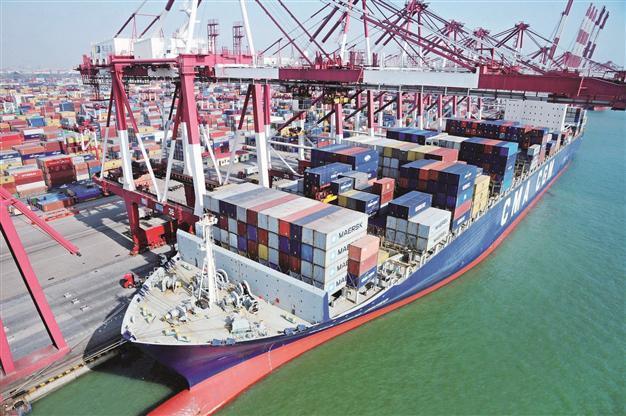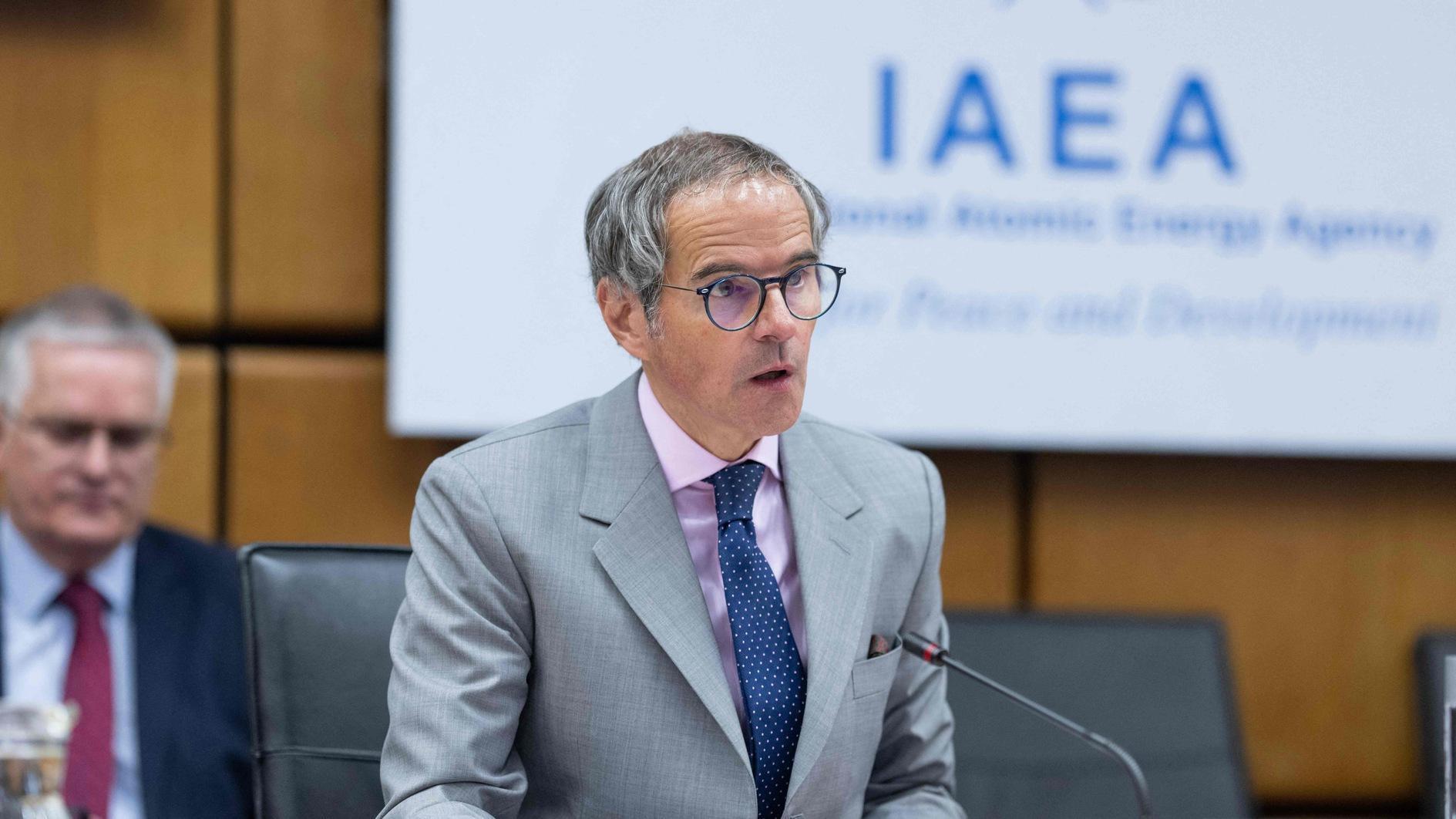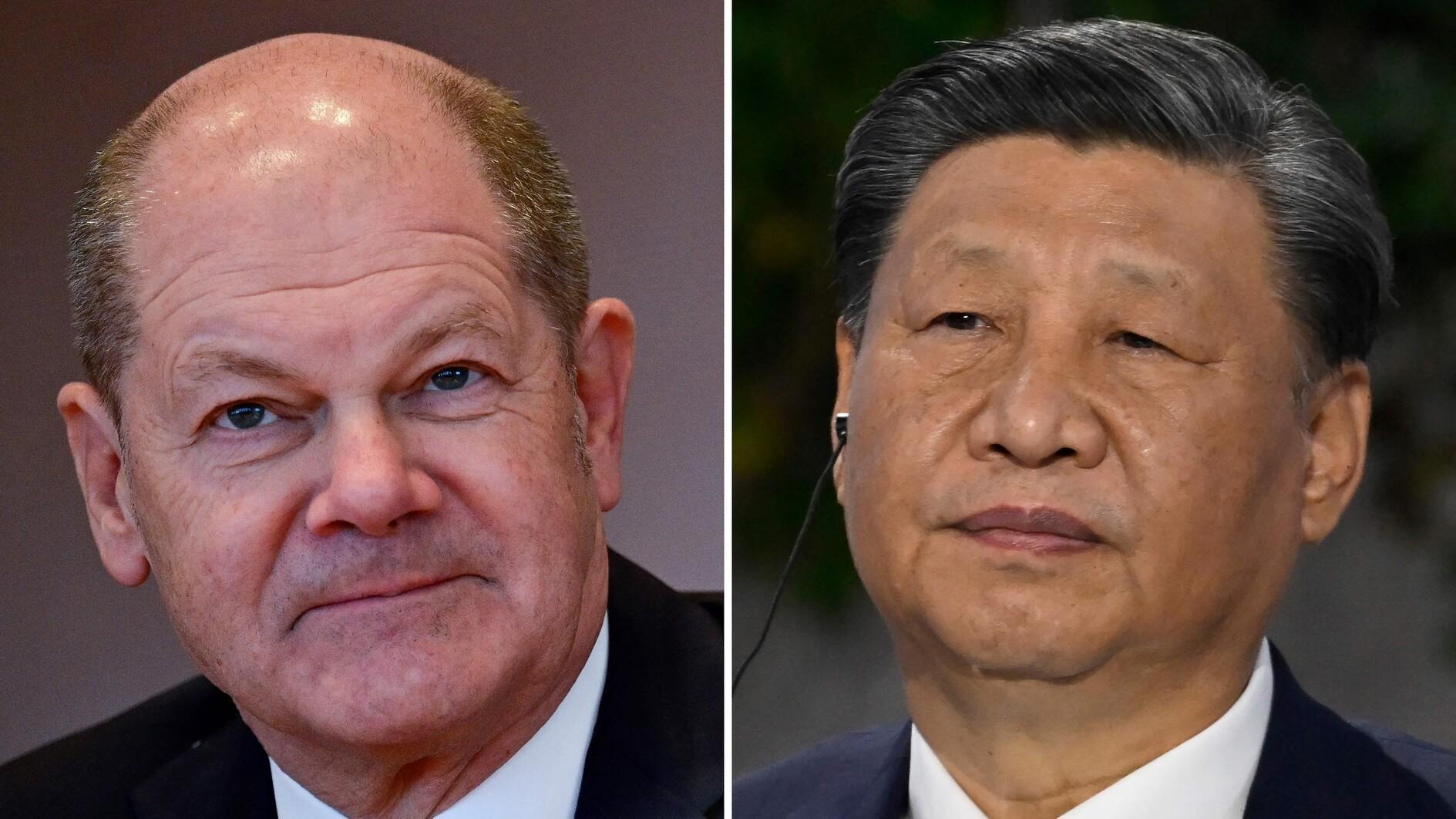World Bank: Customs Union good but adjustment needed
ISTANBUL

The World Bank has issued a report reviewing the Customs Union between the EU and Turkey, merits and demerits of which have been discusssed by the Turkish authorities for some time. AFP photo
The Customs Union (CU) is beneficial to both Turkey and the European Union, yet the smooth implementation of the scheme is under risk if the problems that have risen due to economic changes are not tackled, revealed a report from the World Bank.As Turkey has been raising its voice on the problems of the CU, with some ministers even calling for its cancellation, the World Bank at the request of the European Commission has undertaken an independent evaluation. One of the key findings of the report made public yesterday was that both Turkey and the EU enjoy higher bilateral trade under the CU than either would under a free trade agreement (FTA). Turkey’s exports to the EU are as much as 7 percent higher, while EU exports to Turkey are 4 percent higher. Turkey’s deeply integrated production networks have resulted in a more than fourfold increase in bilateral trade with the EU since 1996; with the latter now accounting for over three-quarters of FDI flows to Turkey.
“We believe the achievements are sufficiently important for the EU and Turkey making sure that the CU works,” said Martin Raiser, the Country Director for Turkey of the World Bank, talking to a small group of journalists.
Yet, it should not be a foregone conclusion that it will continue to work, according to Raiser.
The report underlines the fact that changes in the global economy and the increasing prominence of regional trade agreements are exposing design flaws in the CU. The CU’s implementation in the post-1995 period coincided with significant changes in Turkey’s economic growth model and tectonic shifts in the global economy, reads the report. The CU is increasingly becoming less well equipped to handle the changing dynamics of global trade integration and the design elements of the CU that were once minor irritants are starting to become more binding.
In order to guarantee the continued smooth implementation of the CU, the World Bank proposes more integration and therefore exploiting the unexploited areas, according to Raiser.
The unexploited areas are agriculture and services according to the World Bank, which proposes to widen the CU to cover agriculture and services, saying that would bring important benefits to both parties.
Need for ‘further integration’
To maximize the benefits of the existing or widened CU asymmetries in decision-making and participation should be corrected, suggests the report, a view that has been underlined frequently by Ankara. The report proposes the development of improved consultation and information sharing mechanisms; while stating first, the best solution is to move forward with accession negotiations.
A formal mechanism to ensure transparency in Turkey’s transposition of EU rules and regulations is also needed, as the European Union has been complaining that not all the legislation to align with that of the EU is efficiently conveyed to Turkey.
The report also suggests further reforms to ensure continued growth in Turkish trade with the EU. “Road transport quotas and transit permits should be liberalized,” proposes the report, as well as visa facilitation for the business community.
One of Turkey’s main concerns; the refusal of third countries which concluded FTAs with the EU to conclude an FTA with Turkey is also tackled in the report.
The report underlines that proliferation of the FTA’s with larger countries like U.S. and Canada risk larger potential losses for Turkey and says “a well-managed parallel track negotiations mirroring the main EU negotiations that aim to start and conclude at the same time could help resolve the problem.”
The World Bank also proposes an improved dispute settlement mechanism (DSM) saying the current one is not effective, since it is limited exclusively to disagreements on the duration of safeguard measures. “A DSM in which one party can bring a case on a broader range of disputes would be more effective, but asymmetries in decision making must be simultaneously reduced to facilitate implementation.”
Martin Rainer said both the EU and Turkey have accepted the report, yet it does not mean they endorse it in a way that it will become part of the two sides’ strategy.
















